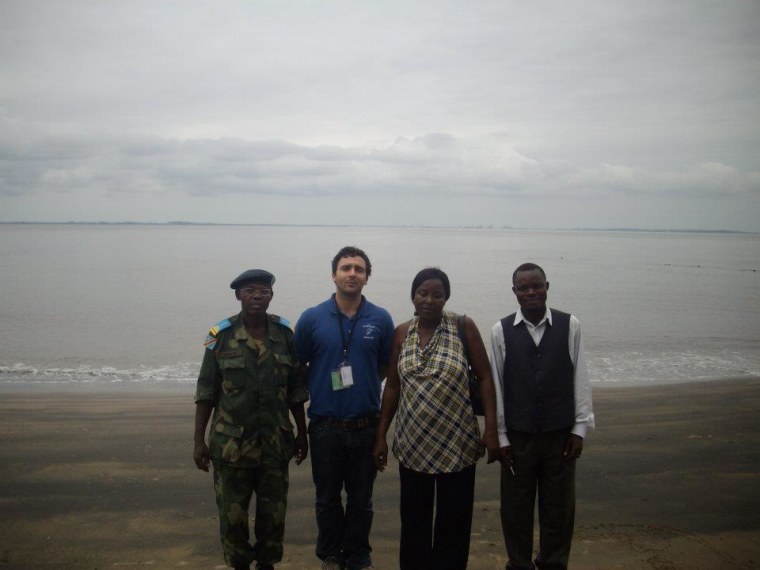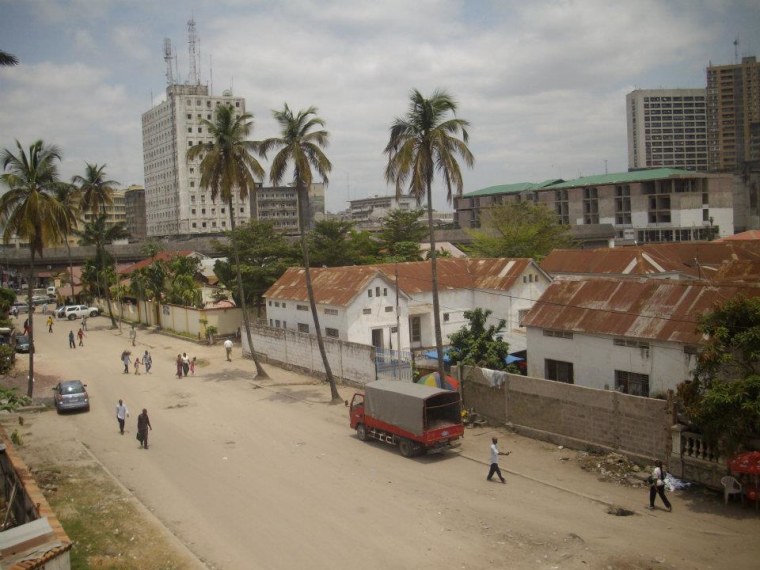This time last year I was in the Democratic Republic of the Congo. My work with The Carter Center’s Democracy Program landed me in The far-Western province of Bas Congo, a historic chunk of Africa home to the mouth of the Congo river, the ancestral home of the Kongo people, and the origins of European incursion into what would become Africa’s second largest state. I spent roughly 100 days traveling throughout this region interviewing stakeholders and observing electoral affairs to provide impartial analysis and reporting on the proceedings.

I didn't visit the war-torn North Kivu region where 'M23' Rebels are currently entrenched–with sites on the capital over 1,000 miles away. But my meetings with Congolese officials, veteran aid workers and diplomats made clear how a decade of war has shaped the politics of governing a land mass nearly the size of Western Europe. It’s hard to argue with the presidential campaign slogan, “He brought us peace.”
Today, that peace is not just in jeopardy, but shattered. Echoes of the Rwandan Genocide fill the pages and voices of journalists determined not to allow another African humanitarian catastrophe slip under the media’s radar. This is a good thing. Editors and producers should not allow the complexity of this most recent conflict deter them from covering this crisis. The media plays an essential role in driving political agendas, and images, video, and name brand journalists must be attached to the issue.
In order to secure this level of access to a remote and infrastructure-poor region, the United Nations Mission to the DRC (MONUSCO) must fully engage its 19,000-strong peacekeeper force to allow journalists, aid organizations, and mediators full access to the region. The United States, with the most potent military force on the planet, should take the lead both at UN headquarters as well as on the ground.
